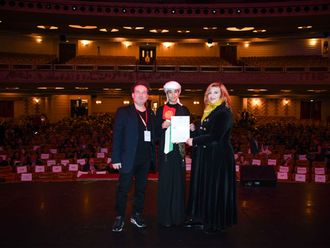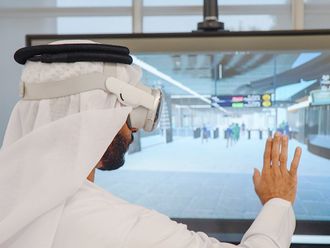The first batch of anti-terrorism experts from the United States military have already arrived and are now stationed in Zamboanga, a southern port city, to help the Armed Forces of the Philippines in its strategy to eradicate the Abu Sayyaf Group which is holding two American and eight Filipino hostages in nearby Basilan.
"There are some who have arrived earlier and they are in the military's Southern Command in Zamboanga city," the U.S. embassy's charge d' affaires, Robert Fitts, confirmed in a television interview.
The work of the consultants with the Philippine military is a "long-term training on counter-terrorism", said Fitts. He did not give a time frame for the joint effort.
Fitts added that the much-awaited visit of U.S. Pacific Command Chief, Admiral Dennis Blair, to Manila was moved three weeks ahead, to the first week of November, instead of late November. Blair would meet defence officials in Manila.
The U.S. and the Philippines have a Mutual Defence Treaty, a tie that has strengthened the alliance of the two countries. The arrival of the first batch of U.S. anti-terrorism experts in southern Philippines was delayed due to bad weather in the Pacific, an official statement said, adding the group was supposed to have arrived earlier to help train the army in dealing with the hostage-taking Abu Sayyaf Group.
More "consultants" would arrive before the end of the month. They will not be armed and will not join combat operations, said Fitts. "They are not combat troops, just consultants who will give additional training. We will have commanders down south strategising against terrorists in the jungles in about two weeks."
Abu Sayyaf leader, Abu Sabaya, threatened earlier to behead U.S. Christian missionary couple, Martin and Gracia Burnham, if the Philippine Army does not withdraw from its rescue operations near the hinterlands of Lantawan, Basilan.
He said Arroyo's visit to the U.S. in November will be very embarrassing with the death of the two American missionaries. President Gloria Arroyo, however, called for a more intensified military operation to end the hostage-taking group.
Forty-four rebels and two Marines were killed, and over 20 soldiers and 14 rebels wounded in the assault which began on October 7. Armed Forces Southern Command chief, Lt. Gen. Roy Cimatu, surprised everyone when he claimed on Wednesday that Abu Sayyaf's leader, Khadaffy Janjalani, had managed to slip a military cordon in Basilan, outside the Abu Sayyaf mountain lairs, on October 5. Two Arab guests accompanied Janjalani in his escape, stated Lt. Gen. Cimatu. The foreigners were Yemenis, he said.
The data on Janjalani's escape came from Joel Guillo, one of the Filipino hostages who managed to escape from the Abu Sayyaf lair at the height of a military operation against the hostage takers, said Lt. Gen. Cimatu.
Guillo noted that the foreigners were with Janjalani two weeks ago, for several weeks after the terrorist attacks in the U.S. on September 11. The effort of the military's 7,000 men to eradicate an estimated 1,000 Abu Sayyaf members has become an embarrassment.
Lt. Gen. Cimatu said that attacks were ongoing but the rebels have broken up into smaller groups inside a thick forested area where the military has little space for manoeuvres.
He also noted that Janjalani is still in Mindanao, but did not specify where. The group has murdered and beheaded 16 Filipino hostages and one American hostage, Guillermo Sobero, since the abduction of tourists from Dos Palamas Hotel in Palawan, south-western Philippines, on May 27.
U.S. experts in Zamboanga
The first batch of anti-terrorism experts from the United States military have already arrived and are now stationed in Zamboanga, a southern port city, to help the Armed Forces of the Philippines in its strategy to eradicate the Abu Sayyaf Group which is holding two American and eight Filipino hostages in nearby Basilan.












